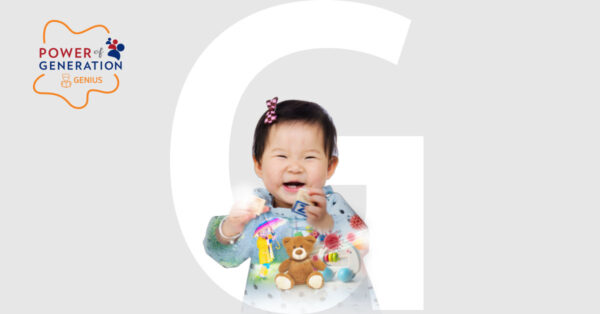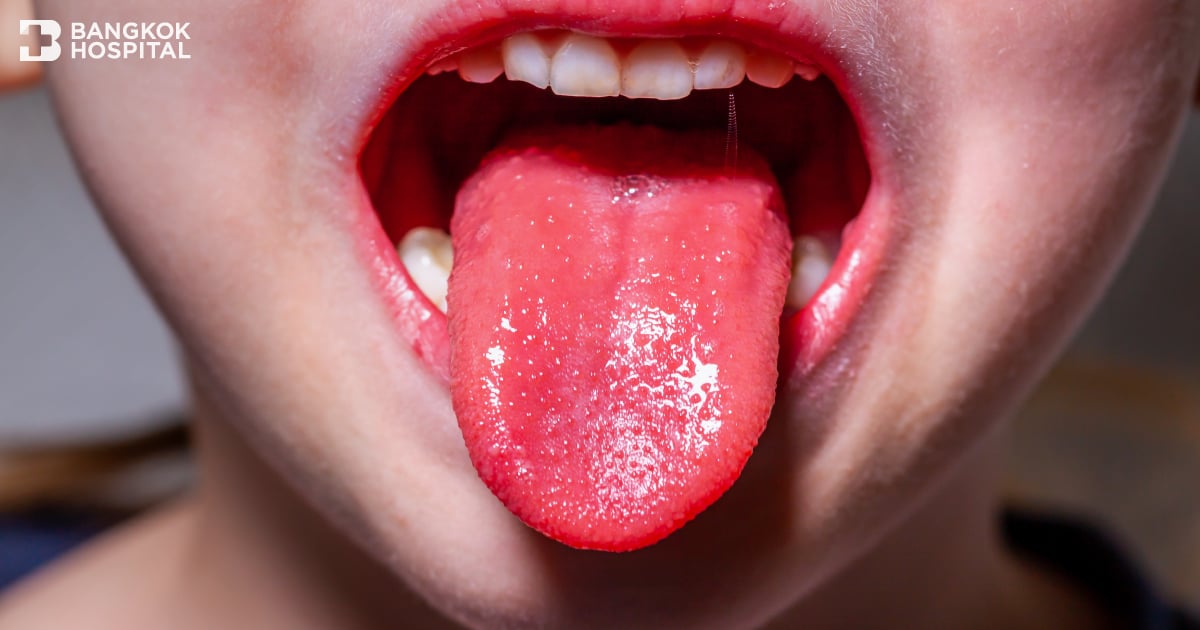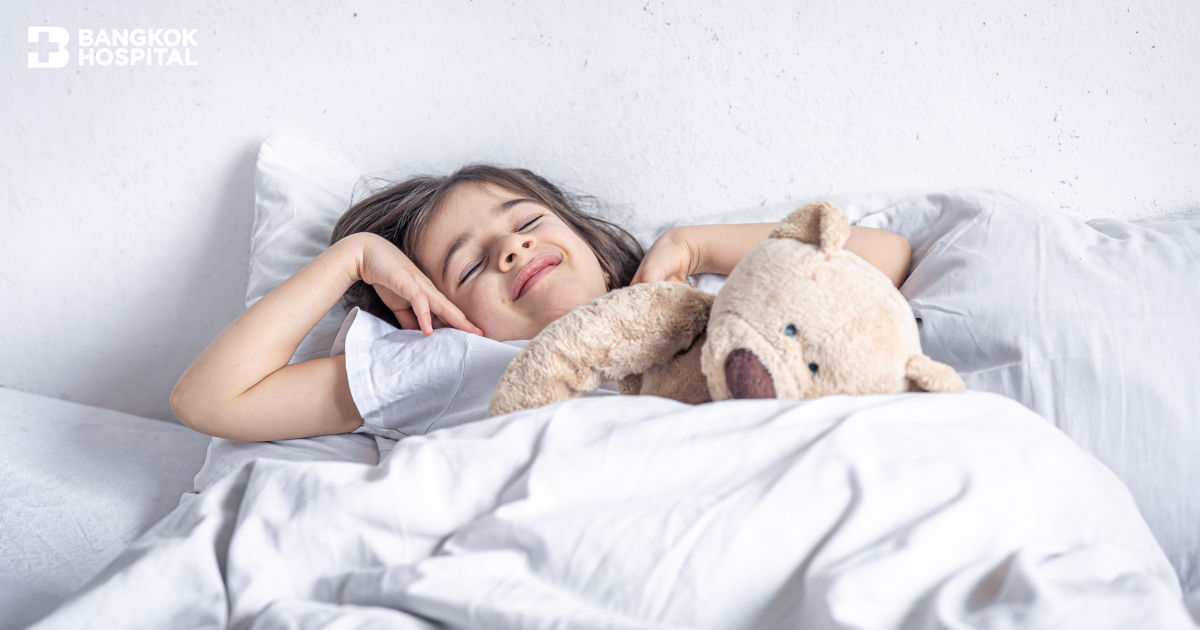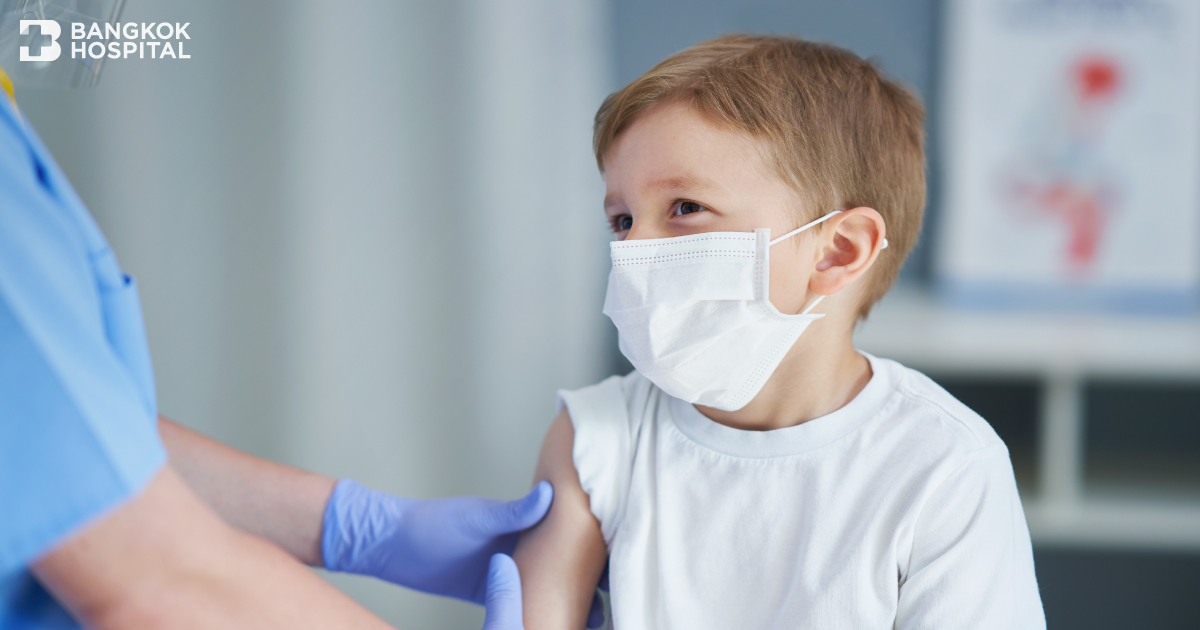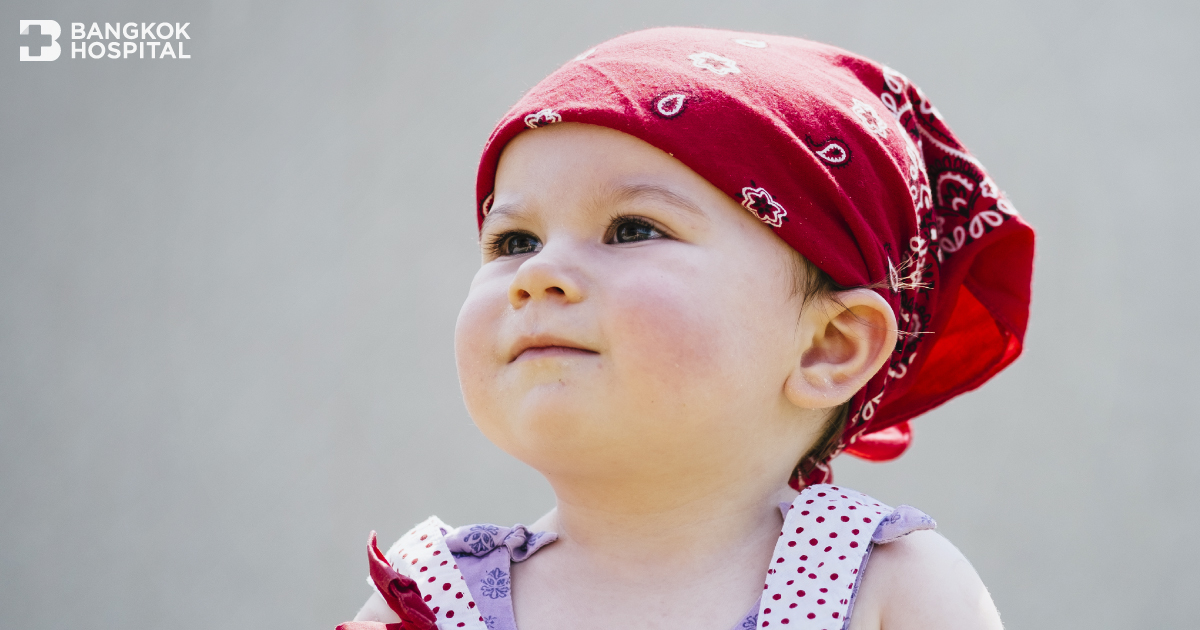Information from the Department of Disease Control, Ministry of Public Health indicates that Thai women are the second most common to have cervical cancer, following breast cancer. And from the cancer statistics in Thailandit was found that there are 6,400 new patients per year and 3,000 deaths from this disease per year. The most common cause is the infection with HPV virus (Human Papilloma Virus Infection) strains 16 and 18, which many people may not know that these two types of viruses can be prevented by more than 70 percent by getting HPV vaccine to reduce the risk of cervical cancer from the age of 9
HPV Virus is worse than thought
70 percent of cervical cancer patients are infected with HPV (Human Papilloma Virus) strains 16 and 18, mostly through sexual intercourse. Therefore, women who have had sexual intercourse are considered to be at risk of HPV virus infection due to risk factors such as
- Having sexual intercourse at a young age
- Having multiple sexual partners
- Having a history of sexually transmitted diseases
- Compromised immunity
- Not using condoms
- Smoking
- Others
Even with a monogamous partner, HPV infection is possible
Many women may never know that even having sex with only one partner, their husband, can also lead to an HPV infection if the male partner has the HPV virus. Importantly, women often neglect cervical cancer screenings, thinking they are not at risk. Moreover, they may feel embarrassed or afraid to see a doctor for screening, leading to a continuous increase in the incidence of cervical cancer.
Understanding HPV Vaccine Correctly
The HPV vaccine prevents cervical cancer by protecting against HPV infection, produced from virus protein pieces that do not cause disease, but are effective in creating immunity against HPV virus infection. Currently, this vaccine is divided into 2 types:
- 2-valent vaccine (Cervarix) prevents HPV strains 16 and 18, which account for more than 70 percent of cervical cancer causes
- 4-valent vaccine (Gardasil) prevents HPV strains 16 and 18, which are responsible for more than 70 percent of cervical cancer cases, and also prevents HPV strains 6 and 11, which are responsible for up to 90 percent of genital warts cases
The HPV Vaccine The younger the vaccination, the higher the efficiency
Vaccinating against cervical cancer HPV can help prevent the disease. It should be given to girls aged 9 – 14 years, as this is the most appropriate age for receiving the HPV vaccine. Medical research has shown that girls in this age range have a better immune response than other ages, and are in an age group that has not previously engaged in sexual activity.
Moreover, normally, HPV vaccination for women aged 15 years and older requires 3 doses starting with the first dose, then another in 2 months for the second dose, and the third dose at 6 months However, the effectiveness of the vaccine decreases for women who have had sexual intercourse Not as effective as in women who have not had sexual intercourse And compared to vaccinating against HPV from ages 9 to 14 years, which requires only 2 doses: the first month and another 6 months later, research has found that the immune response is as good as with 3 doses. That is, fewer doses, higher efficiency, and lifelong HPV virus protection.
Additionally, it’s not just women who should receive the HPV vaccine; men should as well because it helps prevent the spread of HPV infection to women, and it also helps protect against genital warts in men and anal cancer.


